Diploma in Sustainable Agricultural and Food Security (Level 6)
Sustainable Agricultural and Food Security
- Our Overview
- Course Details
- Program Structure
- How To Apply
- Entry Requirements
- College Materials
Sustainable Agricultural and Food Security takes a practical approach to preparing students for leadership roles in the agricultural and food security sectors. By integrating advanced principles of sustainability, agricultural sciences, and food security, this program equips students with the hands-on skills and strategic mindset necessary to address complex challenges at a senior level. Through immersive learning experiences and real-world case studies, students develop expertise in sustainable farming practices, food system resilience, and environmental stewardship. This senior-level program emphasizes practical application, empowering students to drive meaningful change and innovation in agricultural management, policy development, and global food security initiatives.
The MUTAS qualifications in Sustainable Agricultural and Food Security were designed to meet the industrial revolution 4.0. They are for the industry and are taught, assessed and verified by local and international industry experts. They are career specific and are aimed at ensuring that the MUTAS students graduate as Vibrant, Skilled, Competent, and Work-prepared Entrepreneurial Technicians, Technologists, and Professionals to handle and confront the changing and demanding job roles within the Engineering industry.
Sustainable Agricultural and Food Security qualifications are for career goal minded individual who would appreciate the career specific and practical fascinating insight of the MUTAS programs. With a qualification in Sustainable Agricultural and Food Security, you’ll have many career options. What you choose depends on what most interests you.
The qualification level has broader coverage of knowledge and practical skills required for the vocational sector. The qualification has the potential to prepare students for progression to the Diploma in Sustainable Agricultural and Food Security (Level 6).
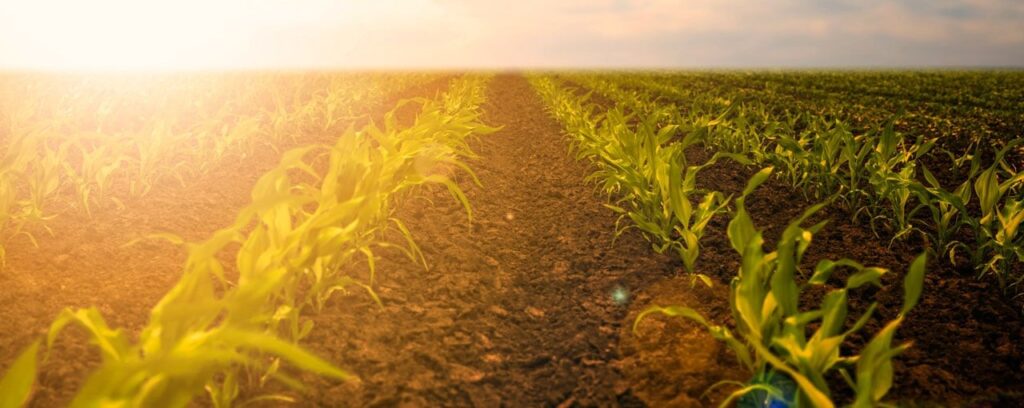
Who is this qualification for?
This qualification is designed for professionals seeking practical skills and advanced knowledge to excel in leadership roles within the agricultural and food security sectors. Geared towards those already familiar with agricultural concepts, the program emphasizes hands-on learning and real-world application. It’s ideal for agricultural managers, policy analysts, and sustainability officers looking to deepen their expertise and drive impactful change at a senior level. Whether you’re already in a leadership position or aspiring to transition into one, this program equips you with the practical skills and strategic mindset needed to address complex challenges and spearhead innovative solutions in agricultural management, policy development, and global food security initiatives.
You could consider working in industries related to agriculture, food security, and sustainability. Industries where your expertise will be highly valued include agriculture, government and policy, nonprofit organizations, international development, research and academia, agribusiness and supply chain management, environmental conservation, consulting and advisory services, food technology and innovation, and agri-tourism and rural development. Your practical skills and strategic mindset will enable you to address complex challenges and drive positive change across these sectors, contributing to a more sustainable and food-secure future for communities and ecosystems worldwide
The Certificate in Sustainable Agricultural and Food Security (Level 4) is an ideal qualification for anyone who works in any of the below-listed fields and seeks to develop career-specific skills and gain a solid qualification in Sustainable Agricultural and Food Security to support his/her position and anyone who wants to enter into or has just started a career in any of the following career areas:
- Agricultural Manager
- Agribusiness Consultant
- Food Security Analyst
- Agricultural Policy Advisor
- Sustainable Agriculture Specialist
- Environmental Conservation Officer (with a focus on agriculture)
- Agricultural Economist
- Research Scientist (specializing in sustainable agriculture)
- Agribusiness Development Officer
- Sustainable Food Systems Coordinator
- Agricultural Extension Officer
- Food Policy Analyst
- International Development Specialist (with a focus on agriculture)
- Farm Operations Manager
What makes this course special?
The Marvelous University of Technology and Applied Sciences
(MUTAS ) is one of the world’s most successful and best-preferred applied (hands-on) learning brand. The Marvelous University of Technology and Applied Sciences
qualifications place greater emphasis on self-employment and employer engagement and work readiness. The MUTAS -Namibia provides 70% practical and 30% theory teaching and learning methodologies coupled with various practical learning-focused activities that fully engage our students. The MUTAS programs in Sustainable Agricultural and Food Security are work-related qualifications for students taking their first steps into employment, or for those already in employment and seeking career development opportunities.
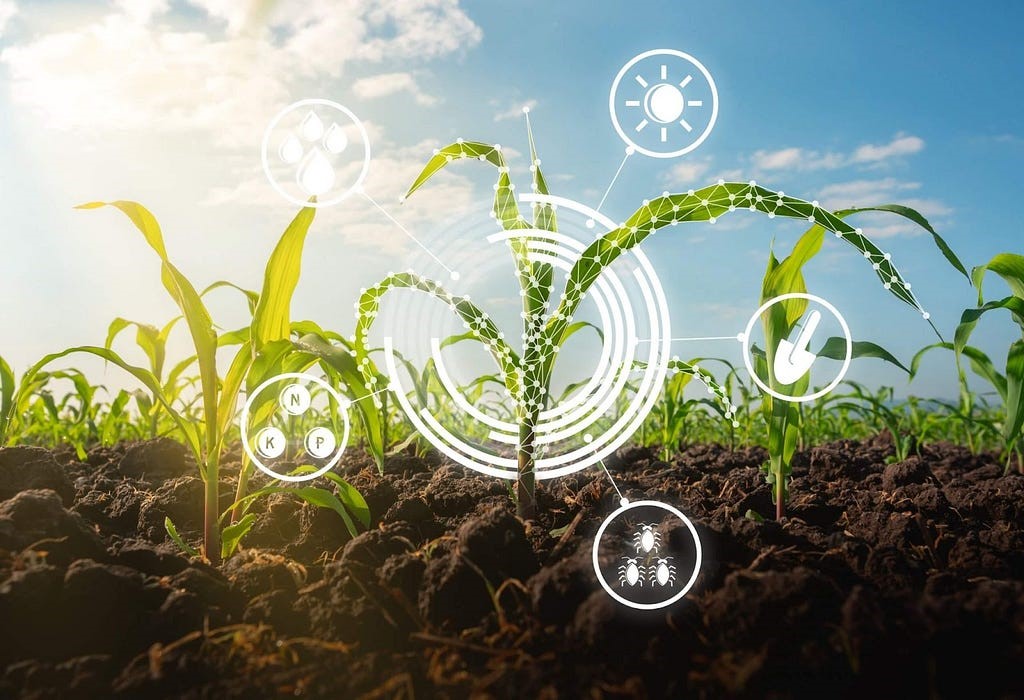
Why you must study with MUTAS ?
At the Marvelous University of Technology and Applied Sciences
(MUTAS ), we know how important it is for career ambitious people to get the right education to start and further develop their careers.
With today’s industry and employers demanding so much more than just a qualification to contain the effects of global competition and to attain a competitive edge, here are the main six (6) reasons why you must choose to study at MUTAS :
Work Readiness
MUTAS courses will give you real hands on experience in pursuing your education. It is what is called learning by doing it or action learning. Based on a 70% practical (action learning, action research, projects, reflective thinking, critical thinking, etc.) and 30% theory teaching and learning and assessments methodologies, all the MUTAS students become work ready (prepared) during their first year of study and graduate with strong work ethics, analytical, problem solving, communication and entrepreneurial skills which are the major factors that employers are looking for in their new recruits.
Employability
MUTAS higher vocational, technical and professional courses prepare students for employment and self-employment. The MUTAS courses develop a student’s employability skills as they offer the experience of real-life practical tasks and work placements. MUTAS qualifications are generally well-regarded by employers as the courses enable students to develop useful hands-on skills in respective fields of study and in critical areas such as problem solving, time management, entrepreneurial, communication, work behavior, visionary and focus minded, team work, and project planning, execution to evaluation. The knowledge and skills you get from MUTAS programs will make you be sought after by employers locally and globally. MUTAS helps students to gain strong knowledge and skills that are essential to start and successfully run their own businesses and/or to be appreciated competent and productive employees that every employer would like to hire.
Relevant
MUTAS courses are designed and developed with the help of the employers, industrial experts, professional bodies, higher education experts and lecturers. This keeps the MUTAS curriculum to be industry driven and relevant for today and the future’s job market and self-employment. MUTAS qualifications provide students with industry-specific knowledge, skills and competencies which make graduates’ work outputs to be relevant to their employers’ missions, visions and goals.
Practical Teaching and Assessments
The MUTAS teaching and learning is based on the seven (7) major principles teaching and learning through which theory knowledge is practically applied into various practical teaching and learning methods including action learning, projects supported by verifiable tangible evidences (outcomes), critical reflective thinking, case scenarios, job placements, industrial site visits, public lectures led by industrial experts, etc.
The assessment for MUTAS courses is largely based on regular coursework and work experience, which makes them an ideal option for those who crumble under the pressure of exams.
All the MUTAS programs are assessed through objective and rigor-based assignments and projects for which origination is examined through the Turnitin IT Application to ensure that each student submits his/her own true work. The outcome of these assignments must be in an implementable practical and quality standard.
Career and Education Progression
Employers value MUTAS qualifications as the courses are industry-centered and directed. In other words, unlike academic programs, the MUTAS courses give students the industry-specific knowledge and skills which makes them readily employable. This, combined with the problem solving, time management, entrepreneurial, communication, work behavior, visionary and focus minded, team work, and project planning skills they gained throughout their learning process give the MUTAS graduates a strong competitive edge to progress in senior job positions and to further pursue their postgraduate professional degrees such as Masters to Professional Doctorate Degree programs at various reputable higher education institutions/universities.
Reputation and Prestige
- The industry relevance, practicality, career specific and quality of the MUTAS qualification will make you to standout and visibly be seen and noticed in a cloud of many academically qualified graduates.
- As more employers expect their new employees to have relevant practical skills and competencies than costly academic knowledge, MUTAS makes your CV and profile standout.
- MUTAS is known for stringent quality standards which govern the provision of its higher vocational, technical and professional courses. MUTAS is also known for its practical, relevance and Industry driven courses.
- The above values, compounded with the work ethics, entrepreneurial and problem-solving skills you will learn and practice while studying at MUTAS will grant you the respect, reputation and prestige within the industry sector you will work.
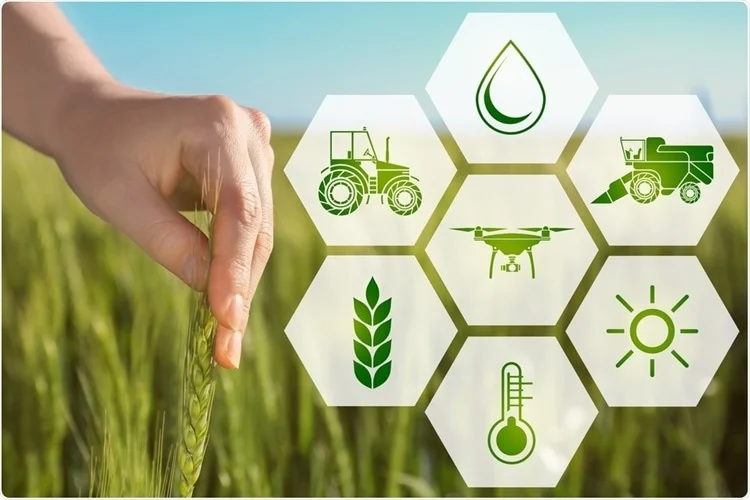
Qualification Purpose and Outcomes
Upon completion of Diploma in Sustainable Agricultural and Food Security (Level 6), graduates will be able to:
- Apply advanced techniques in sustainable agriculture, including soil conservation, water management, and integrated pest management, to enhance productivity while minimizing environmental impact.
- Establish and manage agricultural enterprises, integrating sustainable practices into production, marketing, and supply chain management.
- Evaluate food systems to identify vulnerabilities and develop strategies to improve access to nutritious food, addressing issues such as food access, affordability, and resilience.
- Influence policy development and advocacy efforts at local, national, and international levels, promoting policies that support sustainable agriculture, food security, and environmental conservation.
- Lead research projects aimed at developing innovative solutions to agricultural challenges, contributing to the advancement of knowledge in areas such as crop science, livestock management, and agroecology.
- Engage in international development initiatives focused on improving agricultural productivity, enhancing food security, and promoting sustainable development in developing countries.
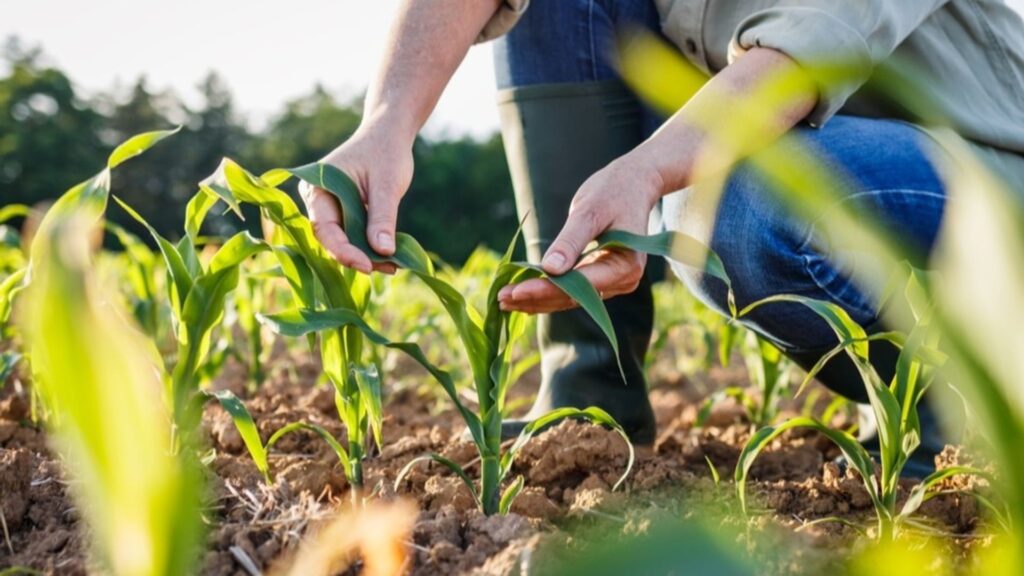
How will I learn?
The MUTAS tutors/lecturers are equipped with various traditional teaching methods which are all used to create and develop Vibrant, Skilled, Competent, and Work-prepared Entrepreneurial Technicians, Technologists, and Professionals.
The teaching and learning practices involve 70% practical and 30% theory methodologies by applying a wide range of action learning techniques stipulated in the course specification.

What does the course involve?

You will study a combination of theory, applied theory, and practical subjects across a broad range of units. To succeed, your effective time management and focus are both very critical. You will cover eleven (13) units. For each unit, you will do a main test, assignment, and examination in addition to an integrated action project. These assessments do not include the informal tests, practical based homeworks, presentations, projects, and assignments that your lecturers will require you to do in each learning outcome. To pass this applied qualification, it is critical that you constantly monitor, formalize yourself with and operate alongside developments taking place within the Sustainable Agricultural and Food Security field by regularly visiting different Engineering related projects and/or organizations, reading news and articles, etc.
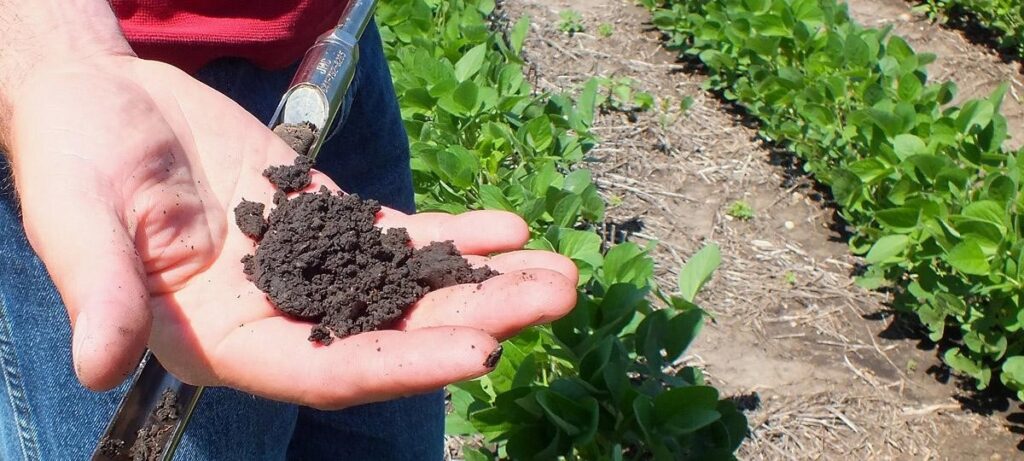
Assessment Methods
The MUTAS programs are assessed using a combination of:
- Informal Assessments
- Formal Assessments
Informal assessments are conducted by lecturers on each covered component of the unit outcome to weigh knowledge created into his/her students so that necessary teaching practices adjustments can be made as appropriate.
Formal Assessments are further classified into two parts:
- Formal Continuous Assessments which comprise of:
- Major Test
- An Integrated Action Project
- Formal Final Assessments which comprise of:
- Major Examination
- Unit Assignments
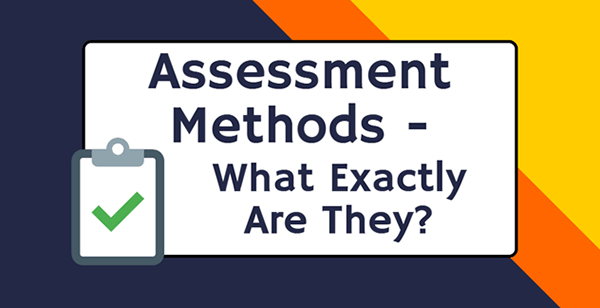
What are the Career Progression Opportunities?
Learners who have achieved the Diploma in Sustainable Agricultural and Food Security (Level 5) can progress on to Diploma in Sustainable Agricultural and Food Security (Level 6). They can also competently serve in any of the below-listed job areas.
What are Articulation Opportunities?
The credit transfers from other programs offered by other institutions or other MUTAS programs will be dealt with according to MUTAS rules and regulations on Recognition of Prior Learning. Provided that an applicant has qualification accredited by NQA and verifiable through the NQF, the MUTAS rules provide for course by course credits as well as credit transfer by volume under certain conditions. Maximum credits that can be granted from none technical (hands-on) programs are 15% of the credits for a qualification. Maximum credits that can be granted from the technical (hands-on) programs of similar standards with those of MUTAS are 50% of the credits for a qualification.
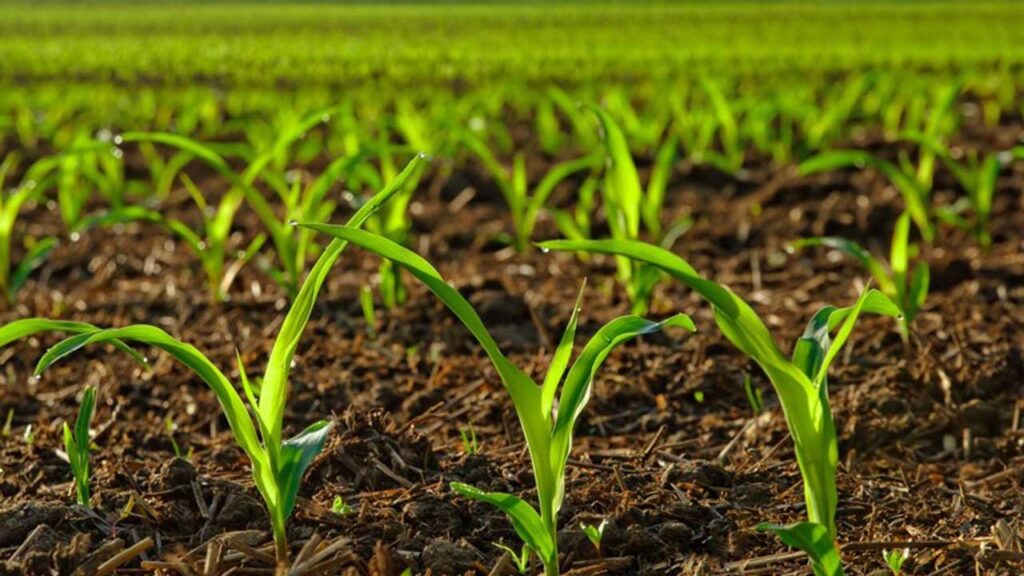
What career opportunities can this lead to?
The Diploma in Sustainable Agricultural and Food Security (Level 6) is an ideal qualification for anyone who works in any of the below-listed fields and seeks to develop career-specific skills and gain a solid qualification in Sustainable Agricultural and Food Security to support his/her position and anyone who wants to enter into or has just started a career in any of the following career areas:
- Agricultural Manager
- Agribusiness Consultant
- Food Security Analyst
- Agricultural Policy Advisor
- Sustainable Agriculture Specialist
- Environmental Conservation Officer (with a focus on agriculture)
- Agricultural Economist
- Research Scientist (specializing in sustainable agriculture)
- Agribusiness Development Officer
- Sustainable Food Systems Coordinator
- Agricultural Extension Officer
- Food Policy Analyst
- International Development Specialist (with a focus on agriculture)
- Farm Operations Manager

What are the Fees?

Our fees include:
- Application/Registration Fees
- Tuition Fees
- Other Fees include Laboratory Fees, Study Manuals, industrial site tours, action research, etc. (where and if applicable).
For more information about our fees, please contact any of our Call Centre at any of our Campuses or the Marketing and Public Relationships Department.
Funding Opportunities
There are many funding options for the MUTAS accredited programs. Most of our students have over the past years been funded by their employers while others finance their studies on their own. Students can also apply for study loans with Namibia Students Financial Assistance Fund. MUTAS also provides scholarships and bursaries to students who meet requirements as stipulated in our annual prospectus.
Withdrawal/Cancellation
Any cancellations/withdraw or refunds are executed as per the MUTAS policies. For more details, refer to the Students Registration Agreement and the Withdraw Policy.

The Diploma in Sustainable Agricultural and Food Security (Level 6) is made up of thirteen units. It is structured to be studied for one year through Face-to-Face Full-Time, Face-to-Face Part-Time and Distance Learning combined with Two (2) week-end Face-to-Face sessions per month, and Two (2) Block Weeks Face-to-Face sessions per Semester, Blended Learning and Virtual (On-Line) Learning (excluding Engineering Programmes).
Total Unit/Modules
The following is a compressive list of course units/modules you will cover in this program:
Diploma in Sustainable Agricultural and Food Security (Level 6)
- 2RET101 Engineering Principles
- 2RET102 Alternative Energy Technologies
- 2RET103 Engineering Drawing
- 2RET104 Principles of Programming
- 2RET105 Hydro Energy Generation Systems
- 2RET106 Renewable Energy Wiring Techniques and Practices
- 2RET107 Renewable Energy Fundamentals
- 2RET108 Electrical Machines
- 2RET109 Wind Energy Generation Systems
- 1STU101 Applied Business Communication and Technology
- 1STU102 Principles of Entrepreneurship
- 1STU103 Applied Fundamentals of Statistical Methods
- 1STU104 Legal and Ethical Context of Practice

Work placement/experience requirements
Although there are no specific mandatory elements of work placement/experience required for the Diploma in Sustainable Agricultural and Food Security (Level 6), students are expected to apply theories learned through various methods and carry out the practical learning activities as provided in the qualification specification.
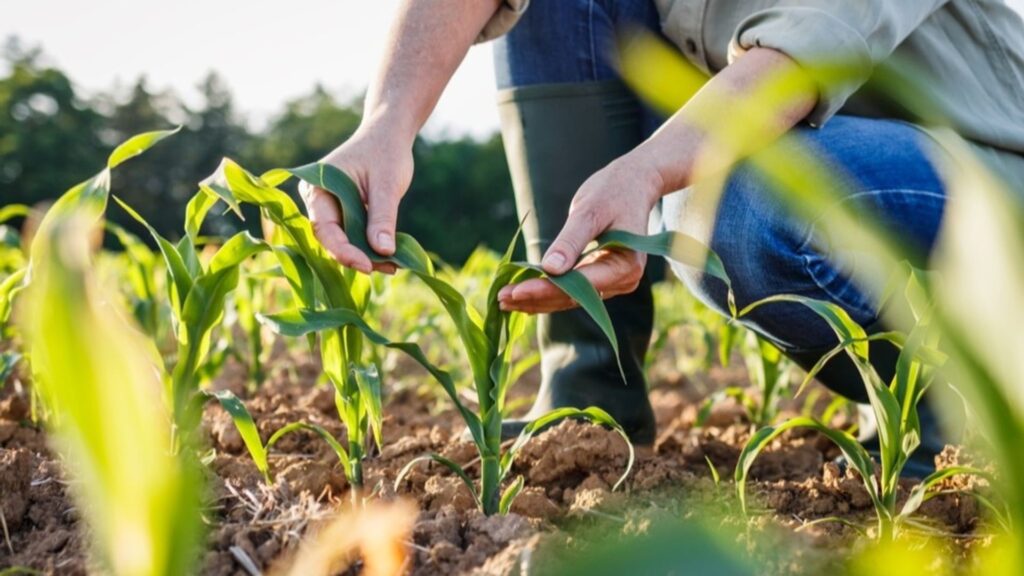
Completion of Study Enrolment Form
Download and complete the Student’s Enrolment Agreement (SEA) form or obtain one from our Call Centre at any of our Campuses, print and complete it and submit it with proof of payment for the stipulated registration fees together to any of our Campuses before the stipulated application deadlines to avoid paying late application/registration fees. To be considered for approval, the completed enrolment agreement form must be accompanied by certified copies of documents as stipulated on the Student’s Enrolment Agreement (SEA) form.
Applicant must ensure that:
- The enrolment agreement form is properly and fully completed and that each page is initialed and signed;
- He/she provides all the required documentation such as certified copies of qualifications, Identity Card/Passport photos, Supporting letters from employers,
- He/she deposit registration fees into the respective Campus’ Bank Account provided on the enrolment agreement form and submits the original copy of the deposit as proof before being issued with an official receipt
- He/she is issued with an official Institutional Receipt, stamped with Official Company Stamp, and Signed by the Head of Call Centre for every payment made to the MUTAS .
- Please note that MUTAS does not receive cash payments,
- He/she obtains a written acknowledge letter confirming that his/her completed enrolment agreement form has been received
- He/she obtains the status of his/her application for studies within 30 working days.
- If admitted, an Admission letter issued by the Admissions section in the Office of the Registrar is obtained through the respective campus together with the timetable, program specifications, syllabuses, student’s details of student’s portal, student’s handbook, and rules and regulations, student card, and any other information.
When can I apply?
MUTAS has a whole year circle of accepting new applications from students from all over the world. However, please take note that applications for the First Semester which starts in January/February each year are only considered up to March of each year. This period includes late registration. Unsuccessful applications for First Semester and applications that are received late are considered for the Second Semester which starts in July each year.
The following are two (2) annual teaching and learning intakes for students to register to study on this program at MUTAS :
- January/February – June
- June/July – November
Applications must be made in-time to avoid late registration fees and to be disappointed if spaces are allocated to earlier applicants.

The Marvelous University of Technology and Applied Sciences (MUTAS) Undergraduate Admission Requirements
The Marvelous University of Technology and Applied Sciences (MUTAS) Admission requirement for all the technical and professional undergraduate and postgraduate Certificate, Diploma, and Degree Programmes are updated each year. Consequently, the below list presents the general requirements for the general guidance only. For the updated specific admission requirements, refer to the Application Form, brochures and prospectus.
Applicants must meet any of the following Minimum entry requirements:
- Five (5) credits at ‘O’ Level including English and Mathematics or,
- Any recognized related qualification at or equivalent to NQF Level 3 or better with total credit value as required by the MUTAS policy/regulation.
- Applicants with Credit (Grade 6) at ordinary ‘O’ level including in Mathematics and English may be accepted provided that they have passed an Aptitude Test with a Minimum of 60%.
- Mature age entry provided that applicant:
- is 23 years old or over at a time of making the application;
- has at least five (5) years’ work experience in a related field and provides acceptable reference from a reputable respective employing organization;
- has at least passed grade 10 which must include a credit or better in English and
- must pass an Aptitude test with a minimum of 60%
OR
- is 23 years old or over at a time of making the application;
- has at least three (3) years’ work experience in a related field and provides acceptable reference from a reputable respective employing organization;
- has at least passed grade 11 or 12) which must include a credit or better in English and
- must pass an Aptitude test with a minimum of 60%.
The Marvelous University of Technology and Applied Sciences (MUTAS) Postgraduate Admission Requirements
Entry requirements for a Master’s Degree Programme
Applicants must have a 1st degree in a relevant field from a recognized University or full professional qualification such as ACCA, CIM, CIMA, CIPS, CILT, etc.
Entry requirements for a Professional Doctorate or PhD Degree Programme
Applicants must be holders of Master’s degree or any other related programs from a recognized University. At least 5 years of significant experience working at senior level within an organisation or as a consultant.
International applicants must have a minimum of five (5) General Certificate of Education (GCSEs) at an ordinary level or their equivalent including passes in Maths and English.

Resources for Prospecting Students
- Qualifications Brochure
- Prospectus
- Online Application
- Application Form
Resources for Registered Students
- Students Handbook
- Institutional Calendar
- Learning and Assessments Policies
- Qualifications Specifications
- Assessments Schedules
- Recorded Lessons’ Presentations
- Virtual Classrooms
- Virtual Library
- Virtual Laboratories
- Study Manuals and Books
